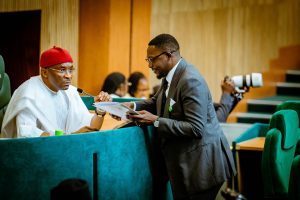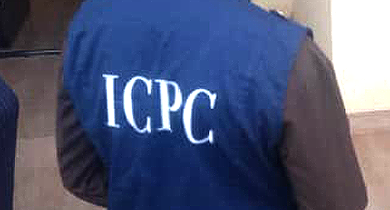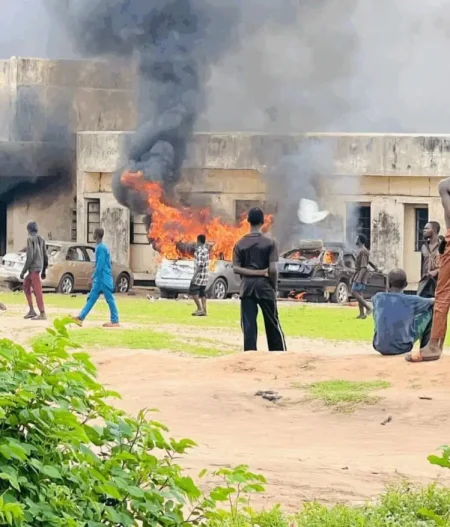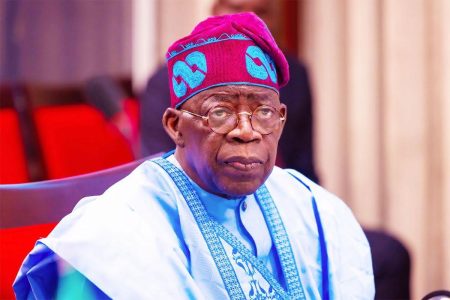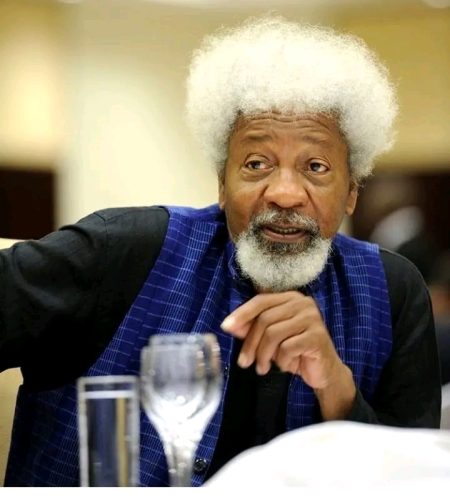The Independent Corrupt Practices and Other Related Offences Commission (ICPC) has arraigned Bashir Saidu, a former commissioner of finance under Governor Nasir El-Rufai, over allegations of money laundering and public fund diversion. Saidu, alongside a Ministry of Finance staff member, Ibrahim Muktar, faces a two-count charge filed at the Federal High Court in Kaduna under suit number FHC/KD/IC/2025.
Court filings reveal that Saidu allegedly accepted ₦155 million in March 2022 through his special assistant, Muazu Abdu, in violation of Nigeria’s cash transaction laws. The ICPC claims Saidu knowingly controlled funds suspected to be proceeds of corruption, funneled through proxies.
Part of the charge sheet reads: “Sometime in March 2022 or thereabouts, Alhaji Muhammad Bashir Saidu, who at that time was commissioner of finance, did accept cash payment of the sum of ₦155m from one Ibrahim Muktar exceeding the amount authorised by law, which sum you received in cash through proxy to wit, Muazu Abdu, your Special Assistant, and you thereby committed an offence contrary to Section 2(a) and punishable under Section 19(d) of the Money Laundering (Prevention and Prohibition) Act, 2022.”
The ICPC also alleges Saidu violated Section 18(2)(d) of the same Act by taking control of funds linked to unlawful activity, punishable under Section 18(3).
Saidu, arrested weeks ago by the Kaduna State Police Command, is currently remanded in custody. The charges, filed by ICPC Assistant Legal Officer Osuobeni Akponimisingha, have prompted the Federal High Court to initiate formal proceedings.
Bashir Saidu served in multiple high-ranking roles under the El-Rufai administration, including commissioner for local government affairs and chief of staff to the governor, before his appointment as finance commissioner.
The case comes amid allegations of widespread financial mismanagement during El-Rufai’s tenure. The Kaduna State House of Assembly recently accused the former administration of misappropriating over ₦423 billion in state funds.
The charges against Saidu have sparked public outrage and reignited concerns about corruption and accountability in governance.



![Man is not built to sexually be with one woman’ – 2Face Idibia [VIDEO]](https://kwaraexpress.com/wp-content/uploads/2025/07/IMG_2094-259x300.jpeg)

